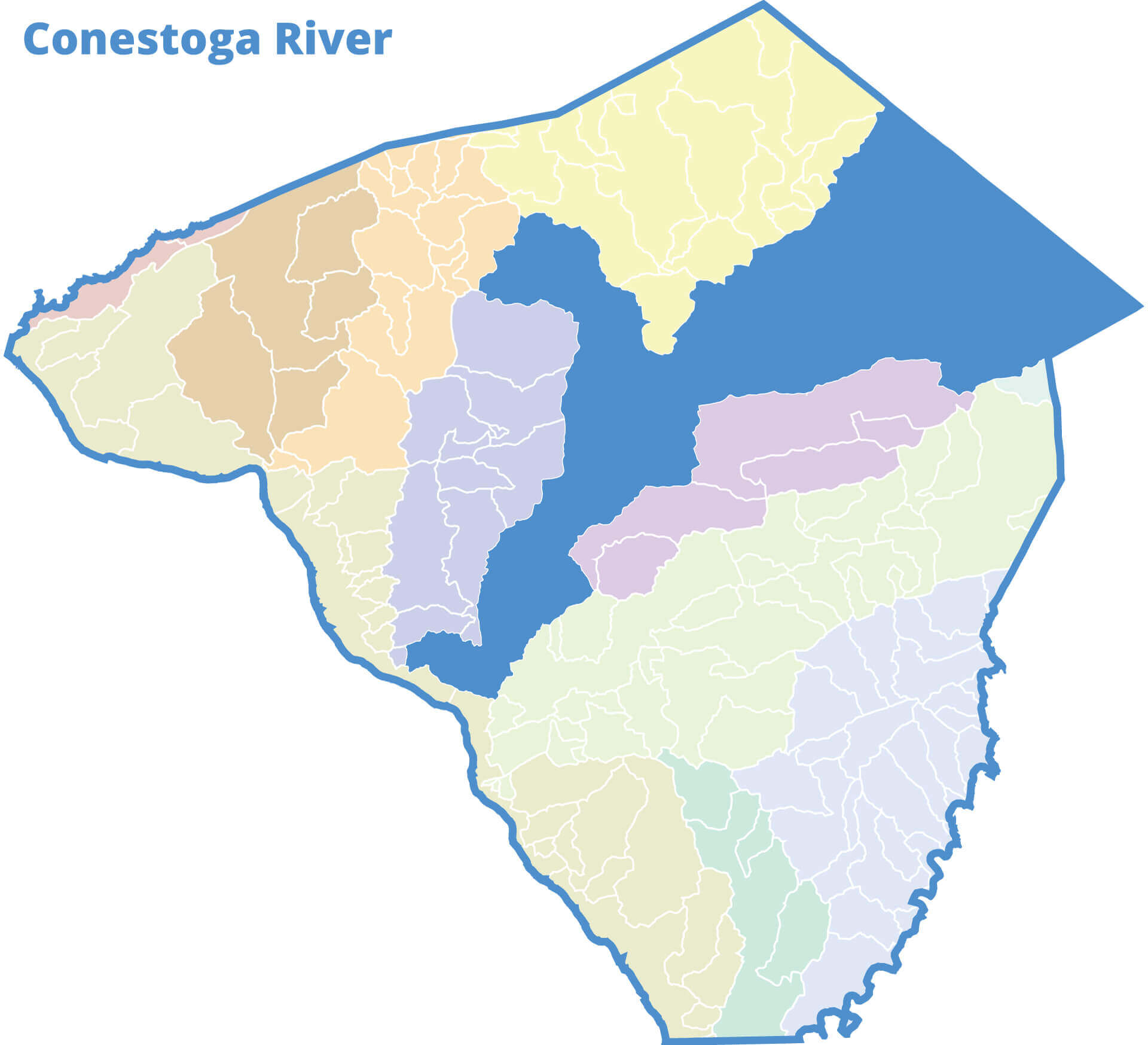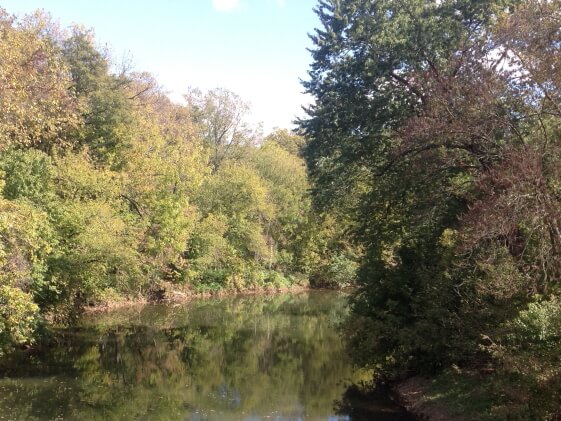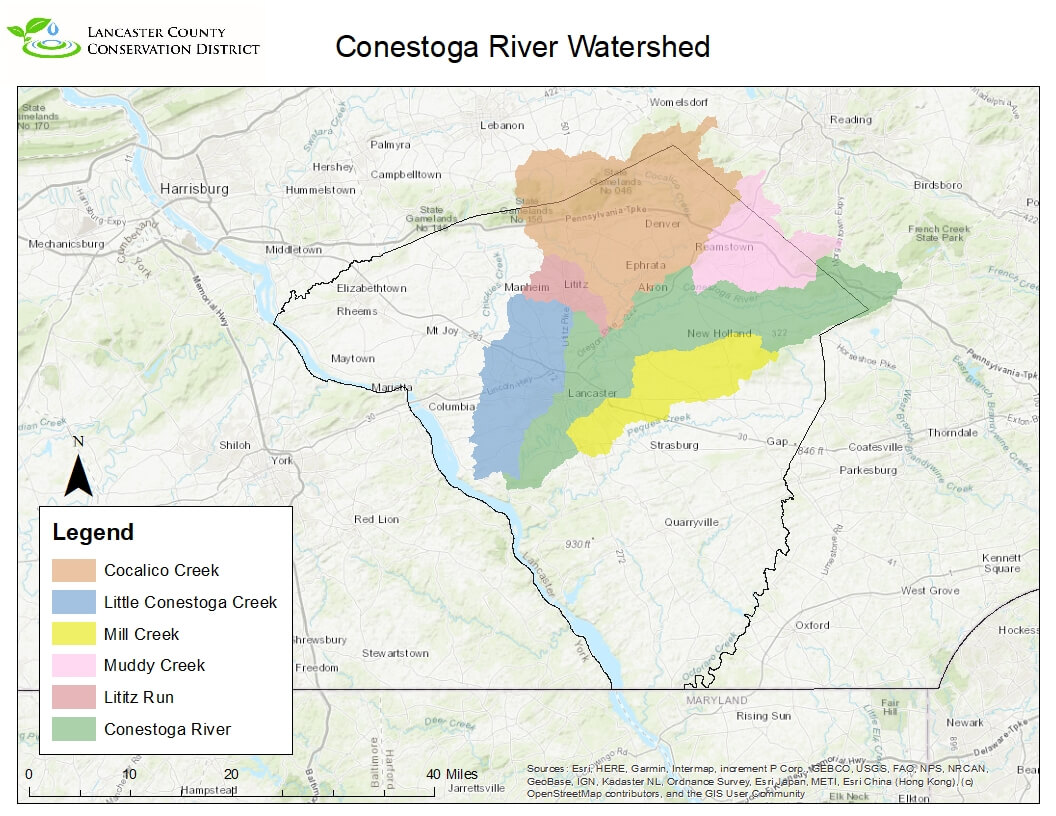Conestoga River
Conestoga River Club Meeting Information
Please check their website for information:
conestogariverclub.org
Contact Information
(717) 719-8214
Downstream Flow VIEW GOOGLE MAP
Conestoga River » Susquehanna River » Chesapeake Bay
Contributing Municipalities
Akron Borough, Caernarvon Township, Conestoga Township, Earl Township, East Earl Township, East Lampeter Township, Ephrata Township, Lancaster City, Lancaster Township, Manheim Township, Manor Township, Millersville Borough, New Holland Borough, Pequea Township, Upper Leacock Township, West Earl Township and West Lampeter Township
Monitoring Data
Volunteer Monitoring Data Microsoft Excel Online
Sampling Sites: 12-13, 31, 58, 99-100, 105, & 110
Lancaster County Conservation District Monitoring Data
Agency monitoring equipment can measure conductivity, pH, total dissolved solids, turbidity, dissolved oxygen, and water temperature.
Upper Conestoga River 2023-2024 Monitoring Data PDF
Documents
This watershed has none.
Social Media
The Conestoga River Watershed is located in the central section of the county. This 475 square mile watershed, the largest drainage area basin in the Lancaster County, was originally named by the Susquehannock Native American tribe and anther name they used to go by which means “At the place of the immersed pole”. Today there are about 632 miles of streams in the Conestoga River Watershed. The mainstem and the parts of the Cocalico Creek tributary originate in Berks County and a small section of Lebanon county and flow mostly southwest to the stream’s confluence with the Susquehanna River at Safe Harbor. According to the USGS Stream Stats website only about 24% of the watershed is forested and 12% of the watershed has urban development on it. The watershed encompasses towns like Denver, Ephrata, Lititz, East Petersburg, Millersville and the City of Lancaster. There are no active watershed association doing work within the watershed presently but quite a few groups doing work on tributaries to the Conestoga River. There have been several studies completed by various groups on the Conestoga over the years. One of the more famous studies was done by Dr. Ruth Patrick from the Academy of Natural Sciences.




